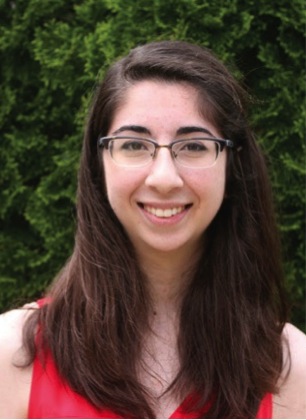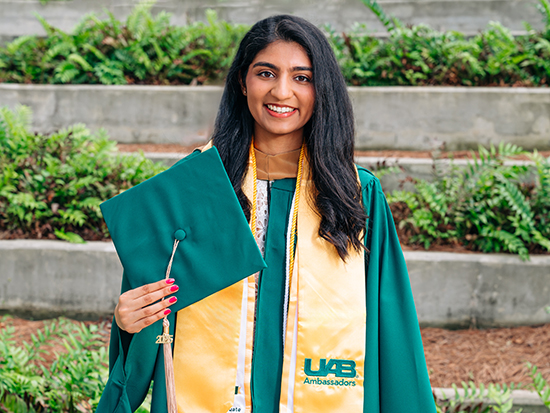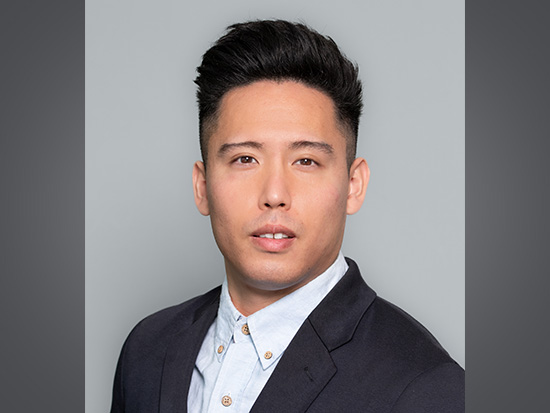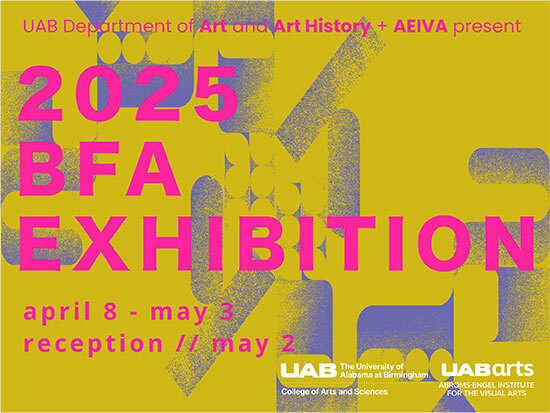When I performed my first electrophysiology experiment in Dr. Lori McMahon’s research lab, I knew that science was for me. The fact that I could stimulate axons in a live brain slice to generate action potentials that yielded recordable responses in corresponding dendrites, and furthermore, manipulate, these responses was, simply put, amazing. I immediately gained a deeper respect and appreciation for the complexity of our brain, as well as a sense of awe at the breadth of our technological capabilities.
 For most of high school, I did not envision science as a future career. I cycled through many different possibilities – teacher, editor, graphic designer – but none of these stuck. As I applied to colleges, though, I began to think about what had excited me most to learn about in school. The one topic I kept on coming back to was the brain. The brief introduction to neuroscience in a psychology class fueled me with questions about how billions of neurons in the human brain are able to connect and communicate in such a way that enables us to have such complex and dynamic thoughts, and I wanted answers.
For most of high school, I did not envision science as a future career. I cycled through many different possibilities – teacher, editor, graphic designer – but none of these stuck. As I applied to colleges, though, I began to think about what had excited me most to learn about in school. The one topic I kept on coming back to was the brain. The brief introduction to neuroscience in a psychology class fueled me with questions about how billions of neurons in the human brain are able to connect and communicate in such a way that enables us to have such complex and dynamic thoughts, and I wanted answers.I realized that I wanted to study neuroscience, and I quickly directed my attention to UAB. After visiting UAB and meeting with Dr. Carl McFarland, the director of the Undergraduate Neuroscience Program at the time, I knew that coming here would offer me an outstanding education, both through coursework and research experience. My desire to answer questions about learning and memory with the hopes of contributing to our fundamental understanding of these processes suggested that a career in academia would suit me. Thus, one of my priorities entering UAB was to gain experience in a research lab as soon as possible, and the UNP allowed me access to the excellent research labs here.
I joined Dr. Lori McMahon’s research lab my freshman year with the help of the UNP, an invaluable experience that has cemented my desire to go to graduate school and pursue a career in research. Under Dr. McMahon’s mentorship, I have been able to investigate the role of ketamine, a potential novel therapeutic for treatment-resistant depression, in improving cognition. This lab has been integral in teaching me the technical skills to examine this topic, and, more importantly, how to critically think about the question at hand and how to adapt experiments to address unexpected results. (These skills were also developed in advanced neuroscience course Mechanisms of Memory, one of my favorite classes at UAB; the course indeed delved into the fascinating molecular mechanisms of memory, but also provided the most useful framework for testing hypotheses and designing experiments that has shaped the way I now approach any scientific question.)
Contrary to stereotypical opinion, science is a very social discipline. Working in Dr. McMahon’s research lab, as well as being a part of the UNP, has given me a multitude of opportunities to network with other bright undergraduates, graduate students, and faculty. This has been accomplished through interactions with other members of my lab, collaborations, events put on by the Undergraduate Neuroscience Society, and through presentations of my research at UAB Expo and the National Collegiate Honors Conference. Communication is key in science; in my sophomore year, I joined the Board of Editors for Inquiro, UAB’s undergraduate science research journal, which contains research manuscripts as well as articles that bridge the gap between science and the public.
Another equally formative and unique opportunity I have received at UAB is membership in the interdisciplinary University Honors Program. As much as I enjoy the neuroscience courses and other general science courses built into the curriculum, I have always enjoyed the liberal arts and hope to retain this interest even when I’m out of school. Through the University Honors Program, I have received exposure to many other disciplines outside of science, like economics, philosophy, history, and literature; the diverse honors seminars I have taken range from personalized genomic medicine to environmental injustice to love poetry.
UAB, and especially the UNP, has equipped me with the tools necessary to become a successful scientist, and I hope to join a cell and molecular biology graduate program in the fall and ultimately become an academic researcher. The unique and varied opportunities I have received have been made all the better by the guidance of the faculty and administrators of the UNP who are deeply invested in and supportive of their students. I could not have chosen a better undergraduate university than UAB, and my four years here have passed by quickly. Though it may be cliché, time does indeed fly when you’re having fun.


